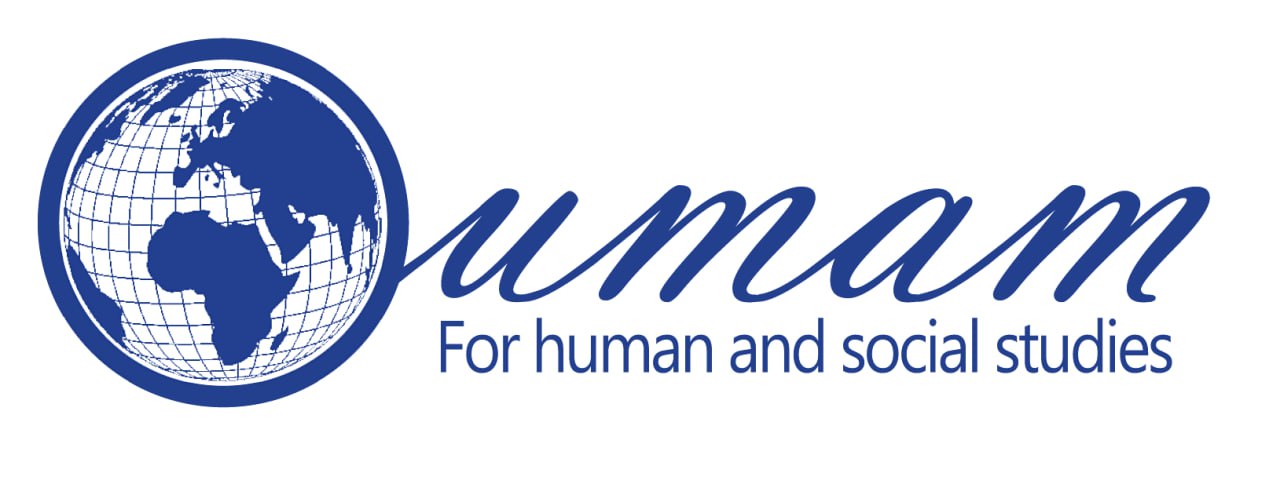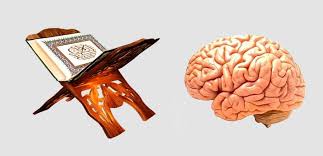the interrelated foundations of reason, revelation, and the faith-based state, proposing a deeper understanding of consciousness, one that transcends superficial interpretations and instead envisions it as a profound cognitive state that liberates the individual from blind imitation and dependency. The research investigates the dynamic relationship between reason, as a tool for reflection and analysis, and revelation, as a source of guidance and knowledge. It asks whether these two foundations diverge or intersect, and to what extent they are in harmony and epistemological complementarity, with revelation ensuring the integrity and direction of reason.
Furthermore, the research highlights the pivotal role of the faithful state as a civilizational system grounded in justice and human rights. It explores how just governance within such a state serves as a fundamental safeguard for consciousness, protecting it from manipulation and distortion often perpetuated by modern systems of Western control.
Finally, the study offers a critical comparison between the Qur'anic vision of the formation and preservation of consciousness and contemporary methodologies, which frequently rely on propaganda and media-driven techniques that construct a false or manipulated consciousness.




Comments